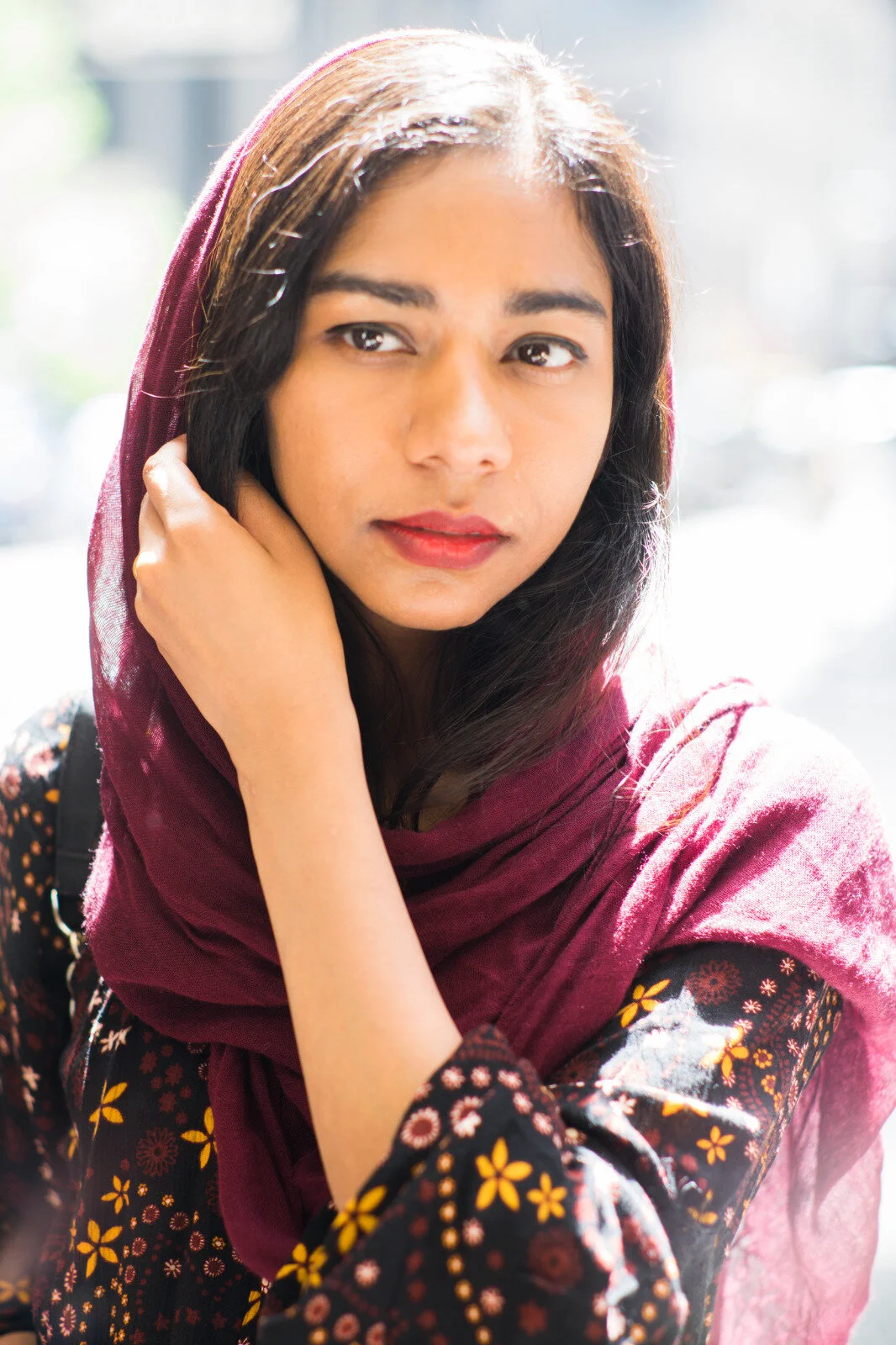“It was the month of Ramadan when I found out I had won the Kundiman prize. The news came after a day of fasting, a dry spell of writing, and a particularly long stretch of time during which I felt my poetry unnecessary to the world, and my self an impostor in the field. The reason for these feelings was this: The same manuscript had been described by my peers in the poetry community as being too ‘closed’ or ‘obscure’ and as not sufficiently allowing the reader in, due to the references I made to religion and Middle Eastern and South Asian poetic tradition throughout it. I began feeling my own writing to be insignificant, and writing itself to be an endeavor reserved for the few. During this time, Kundiman not only reaffirmed me as a writer but has helped me understand that my story and influences are important. It taught me that it is okay to write English poetry in a tradition with influences that are not Western. That it is not only okay but necessary for me to claim my own space, particularly as a Muslim woman of color. This is a lesson I have in turn worked hard to impart as an instructor in Creative Writing classes at South Asian Youth Action over the summer, and one I could not have imparted if I did not have the tools to believe it myself.
The reception of my manuscript and the love Kundiman has shown me afterward has made me feel seen as a writer, and make me more confident to create more in the world. I have nothing but love and gratitude towards Kundiman, a hope for its growth, and a hope that it is able to nourish many more writers.”


